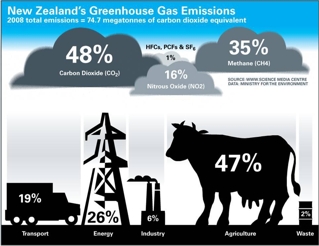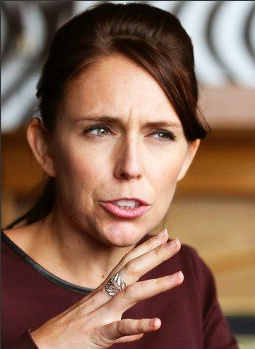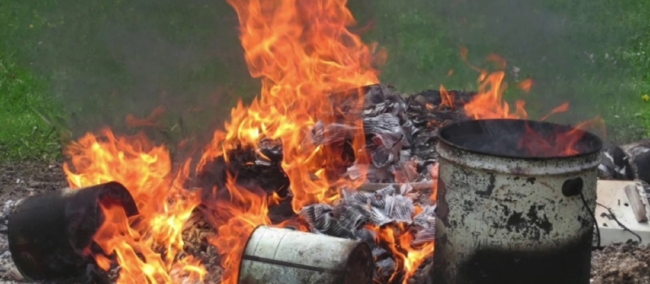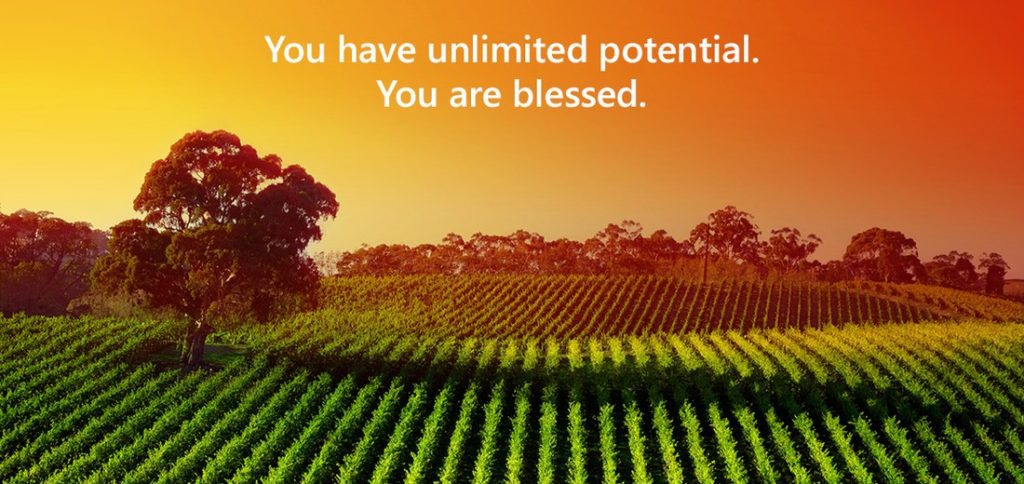Dear Sir, A friend of mine in New England has a neighbour who has received a Government cheque for 1,000 dollars this year for not raising hogs. So my friend now wants to go into the business himself, he not being very prosperous just now. He says, in fact, that the idea of not raising hogs appeals to him very strongly. Of course, he will need a hired man, and that is where I come in. I write to you as to your opinion of the best kind of farm not to raise hogs on, the best strain of hogs not to raise and how best to keep an inventory of hogs you are not raising. Also, do you think capital could be raised by issuance of a non-hog raising gold bond? The friend who got the 1,000 dollars got it for not raising 500 hogs. Now, we figure we might easily not raise 1,500 or 2,000 hogs, so you see the possible profits are only limited by the number of hogs we do not raise.
The letter below surfaced in an email group today (on the right is its earliest incarnation). It’s creative writing and, if you’re in a good mood when you read it, finely stimulating, even hilarious.
But I was moved to investigate. Google gave several recent references, the earliest was May 7, 2006. I kept looking; there are a score of references dated December 2009.
Then, on a blog from Quite Interesting Ltd (www.qi.com), came word it was from 1982. The writer traces it back from 2006 to an entry in Hansard in October 1994. I urge you to take a look; the story is interesting enough, to be sure.
The matter has by now quite fastened on our writer’s imagination and he presses his investigation on and on, discovering it on both sides of the Atlantic and in ever earlier decades. Eventually he turns it up, almost fully formed, in 1935, with beginnings in Hansard, no less, in a shipping context, in 1934!
Old or new, early or late, it contains elementary economics lessons for ever. Not to mention some of the driest British (or American) humour you’ll find anywhere.
NIGEL JOHNSON-HILL, PARKFARM, MILLAND, LIPHOOK GU30 7JT
Rt Hon David Miliband MP
Secretary of State.
Department for Environment, Food and Rural Affairs (DEFRA),
Nobel House
17 Smith Square
London
SW1P 3JR
16 July 2009
Dear Secretary of State,
My friend, who is in farming at the moment, recently received a cheque for £3,000 from the Rural Payments Agency for not rearing pigs. I would now like to join the “not rearing pigs” business. Continue Reading →
Views: 115












